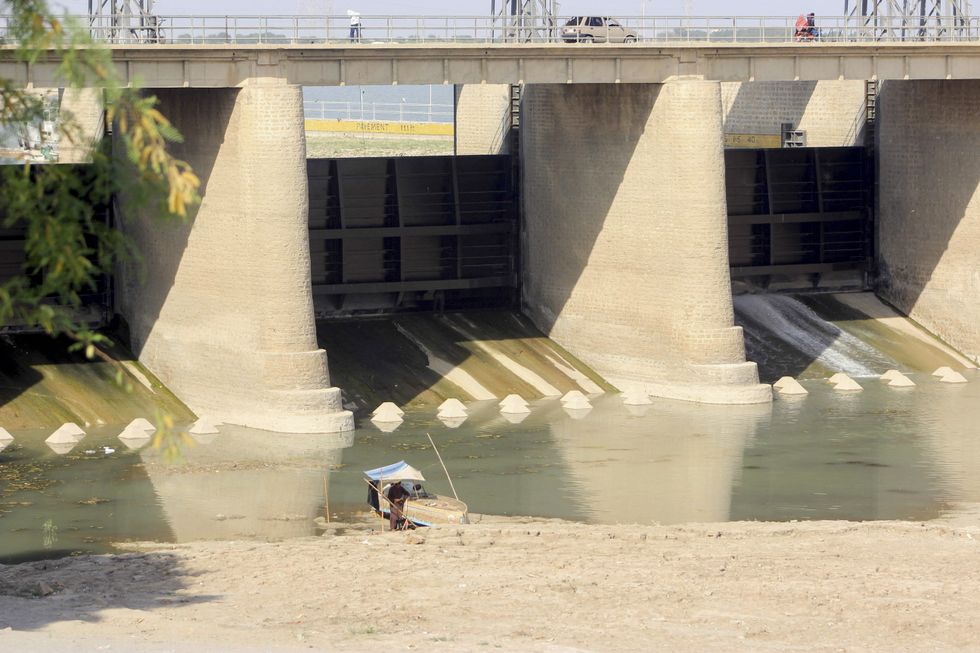A wildlife sanctuary run by the Ambani family in Gujarat, India, has come under scrutiny following investigations by international media outlets, including Süddeutsche Zeitung, for the scale and sourcing of its animal population.
The Vantara complex, spread over 3,500 acres on a former oil refinery site, is led by Anant Ambani, son of India’s richest man Mukesh Ambani. Inaugurated last year by prime minister Narendra Modi, the sanctuary reportedly houses over 10,000 animals from 330 species, including tigers, elephants, Komodo dragons, and giant anteaters.
According to Süddeutsche Zeitung and partner publications in Venezuela and Austria, Vantara acquired around 39,000 animals through Indian import channels—nearly double the number at London Zoo. The reports allege that some of these animals are from protected species, raising concerns about potential breaches of international wildlife trade regulations.
Vantara has dismissed these claims as “baseless,” “misleading” and an “intentional smear.” In a statement, it said, “To suggest that our work fosters [the] illegal wildlife trade is a gross misrepresentation. We collaborate with the authorities to combat illegal trafficking and provide a lawful, ethical sanctuary for rescued animals.”
The investigation also linked Vantara to a reptile zoo in Forchtenstein, Austria, which reportedly supplied 1,800 animals, including albino alligators and venomous snakes. Vantara, the Ambani family, and the Austrian zoo declined to comment.
Despite concerns from German conservationists and limited access for independent experts, Vantara maintains that all animals were transferred legally for rehabilitation, without any commercial transactions. “We do not treat animals as commodities and do not engage in commercial trade in animals,” a representative told Himal Southasian, a Sri Lanka-based magazine, last year.




















 A dry stretch of the Indus River in Pakistan’s Jamshoro and Kotri districts earlier this month
A dry stretch of the Indus River in Pakistan’s Jamshoro and Kotri districts earlier this month